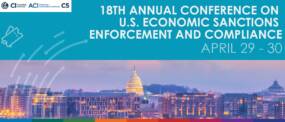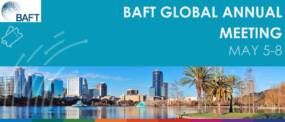The Asian Development Bank (ADB) has greenlit a $300 million policy-driven loan. This endeavour assists the Philippine government in establishing a resilient institutional and policy backdrop, aiming to augment Filipinos’ access to financial services.
The primary focus is on the nation’s vulnerable demographic, ultimately fostering economic expansion.
ADB’s Inclusive Finance Development Program, Subprogram 3, champions reforms that amplify financial inclusivity in the Philippines. This encompasses refining the nation’s financial infrastructure, broadening the scope of digital financing, and bolstering the potential of various financial service providers.
These providers range from rural banks to nonbank financial entities, ensuring they deliver top-tier products and services through diverse outlets.
“Through this loan, ADB is expanding its partnership with the Philippines in ensuring all Filipinos will have access to financial products and services, including via digital platforms, to help improve their lives and livelihoods,” said ADB Senior Financial Sector Specialist Kelly Hattel.
“Considering the significant impact of climate change on the vulnerable segments of the population, the reform actions supported by the loan will ensure government assistance can reach people faster during crises and emergencies; help raise climate resilience of farmers and micro, small, and medium-scale businesses through expanded insurance; and promote improved financial stability.”
The 2021 Global Findex Database sheds light on the growing financial inclusivity in the Philippines. It reveals that Filipino adult account holders at financial institutions or with mobile money providers surged from 34% in 2017 to 51% in 2021.
The COVID-19 lockdowns accelerated this growth, with the bottom 40% by income witnessing their account numbers nearly double from 18% in 2017 to 34% in 2021.
The Philippine government aspires to elevate the proportion of Filipinos with accounts at financial institutions or with mobile money providers to 70% by 2024.
This ambition is supported by the streamlined processes of the Philippine Identification System (PhilSys). As of 1 September 2023, nearly 88% of the population has been registered with PhilSys, introduced in 2020 amidst the pandemic, underscoring the government’s commitment to expanding financial inclusion.
The Philippine government’s key strategic moves include modernising action plans for the National Strategy for Financial Inclusion 2022–2028 and passing significant legislative measures.
This legislation focuses on financial consumer protection under the Financial Products and Services Consumer Protection Act, as well as promoting digital financing in the agricultural sector.
Furthermore, the government introduced a regulatory sandbox framework to evaluate innovative business models and foster cutting-edge technological solutions.
This recent loan builds upon the foundation set by ADB’s Inclusive Finance Development Program Subprogram 1 and 2, rolled out in October 2018 and August 2020. These reforms synergise with other ADB initiatives in the Philippines, notably the Competitive and Inclusive Agriculture Development Program Subprogram 2, sanctioned in January 2023.
 Australia
Australia Hong Kong
Hong Kong Japan
Japan Singapore
Singapore United Arab Emirates
United Arab Emirates United States
United States France
France Germany
Germany Ireland
Ireland Netherlands
Netherlands United Kingdom
United Kingdom










Comments are closed.